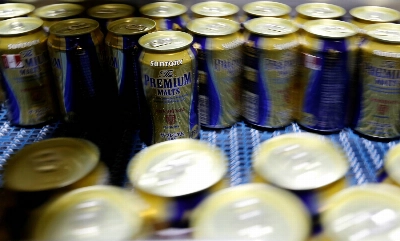The current Imperial era, Heisei, will end when Emperor Akihito abdicates next April 30. The name of the new era won't be announced until April 1.
Heisei means "Achieving Peace." Japan has largely avoided military conflict thanks in no small part to Article 9 of the Constitution.
Heisei will be discredited if the ruling Liberal Democratic Party succeeds in weakening Article 9.
Recent events in Japan have already sullied the era's image ("Heisei Era: Excess" in the May 27 edition).
According to the story, sociologist Eiji Oguma said that people in the upper echelons of politics and commerce during the bubble years were born in the 1940s, at a time when Japanese people were very poor. "They wanted," he says, "to acquire such luxury and Western values and aesthetics but, naturally, they were not accustomed to that."
A quarter century later, we can ask: Has excess turned into irresponsibility?
The Moritomo Gakuen and Kake Gakuen scandals reveal government officials giving favorable treatment to cronies of Prime Minister and Mrs. Shinzo Abe.
Manufacturing standards have been widely compromised. "Made in Japan" may lose its valuable cachet.
Nihon University's American football scandal revealed that coaches egged on a student player to rough up the opposing team's quarterback. The coaches then failed to take responsibility for the resulting injury.
"Samurai and Idiots," Hyoe Yamamoto's recent documentary, recalls how Olympus manipulated accounting data to hide massive losses and — in a colossal act of irresponsibility — ousted Michael Woodford, the newly installed non-Japanese president who wanted to investigate what had happened.
Since the bubble years, members of the upper echelons have acquired sophisticated tastes. They've also learned that those less elevated are better situated to take the rap.
Will the era of Achieving Peace be followed by the era of Diminished Trust?
The opinions expressed in this letter to the editor are the writer's own and do not necessarily reflect the policies of The Japan Times.


















With your current subscription plan you can comment on stories. However, before writing your first comment, please create a display name in the Profile section of your subscriber account page.